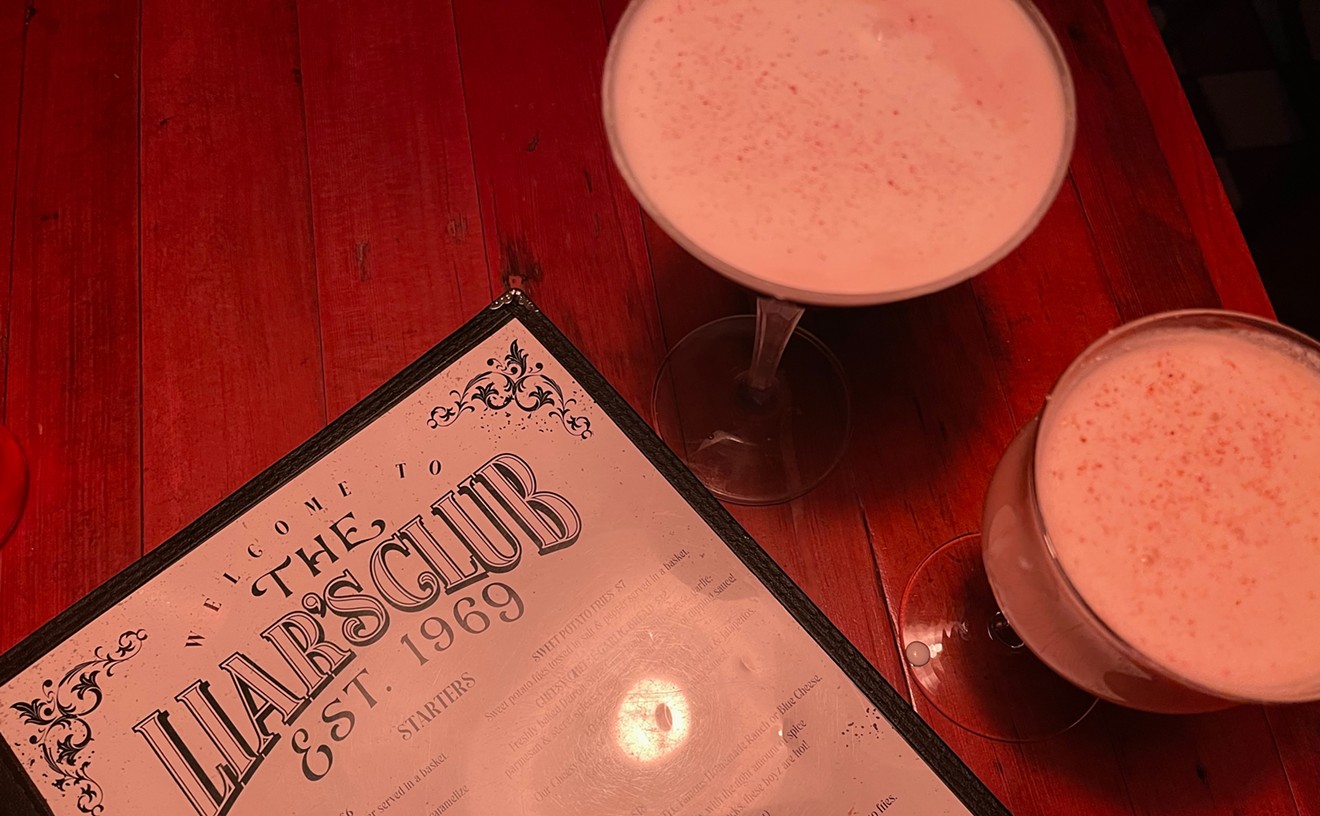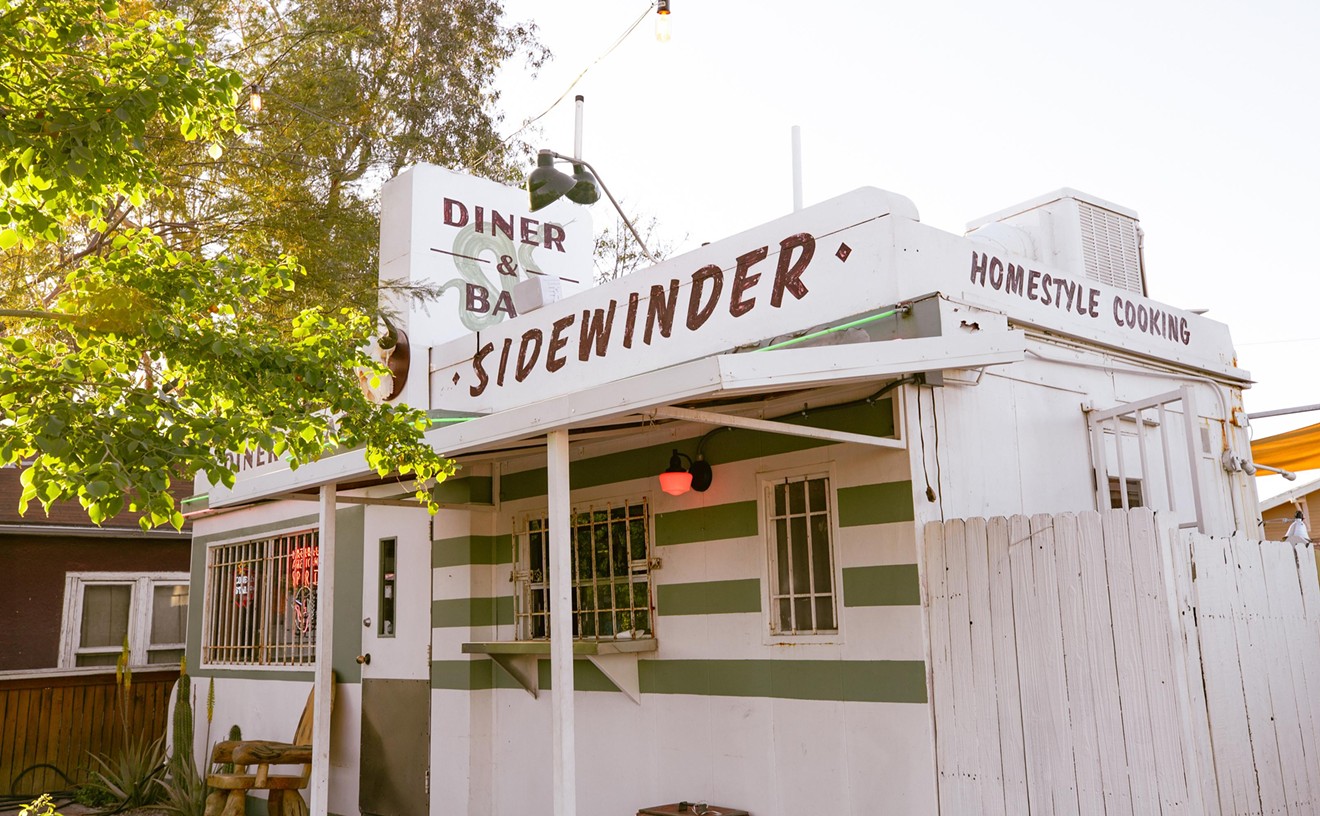Alas, in the royal palaces of the 16th century, love was as fleeting as it is in today's Hollywood. In a flash, Mary is out of the king's bed and Anne is in. Like its literary source, this sumptuous film adaptation of Philippa Gregory's 2001 novel plays fast and loose with chronology and incident, telling us that Anne Boleyn wanted so badly to be queen that she withheld sex from Henry until he got a divorce from Katherine. Seemingly driven mad with desire, the king demanded that the pope annul his long-standing marriage to Katherine, a request Rome refused, which led Henry to forever break from the Catholic Church. Thus was born the Church of England. (The movies sure beat school.)
Anne Boleyn's grab for power has inspired many a movie and TV series — Showtime's The Tudors will zero in on her in its new season — but the real story is complicated as hell. So, quite sensibly, Morgan and BBC director Justin Chadwick, making his feature debut, stick tight to, well, the girls — and Portman and Johansson don't let them down. Stuck for years playing young women who are the idealized object of male desire — flaw-free and barely conscious, in Johansson's case — they come alive in The Other Boleyn Girl, as if being bound up in costumer Sandy Powell's exquisite gowns has freed them from the tighter constraints of their own beauty. When Chadwick and ace cinematographer Kieran McGuigan move in tight on Mary and Anne's faces — and that's the abiding action of the movie — the actors portraying them practically tremble with inner life. Who'd have expected that?
Morgan clearly has a gift for writing great roles for women, even small ones — as the sisters' embittered mother, Kristin Scott Thomas gets to deliver one zinger after another — but in this case he hasn't served King Henry or Eric Bana very well. Here is a king who turned his nation inside out for love, but the filmmakers are so focused on Mary and Anne that they fail to help us understand the depths of Henry's motivations. In their hurried shorthand, we're meant to think that he told the pope to take a hike because one girl wouldn't have sex with him. Perhaps he did, but dramatically, it's awfully thin, particularly in a tale that ends in bloodshed and misery. One feels for Bana, who badly needs kingly things to do — a map to point at, or a traitor to throw up on the rack.
Still, The Other Boleyn Girl is no February toss-off. Chadwick, who directed Masterpiece Theatre's recent triumph, Bleak House, has a natural instinct for framing. He knows how to draw the audience's eye from the left and then to the right side of the screen, and he knows to pull back occasionally and observe his whispering, conspiratorial characters from the other side of the room, like a servant peeking in the doorway to see what's up with the royals. But history can't be denied (though studio heads do try), and the film gets downright grim in the home stretch, as Anne's sordid and bloody destiny reveals itself. The filmmakers deserve credit for being serious-minded, but they might have hinted at the top of the film that all would not be well in the end. Moviegoers who don't know Anne's fate in advance are likely to leave the theater feeling glum. History class can be a total bummer.










